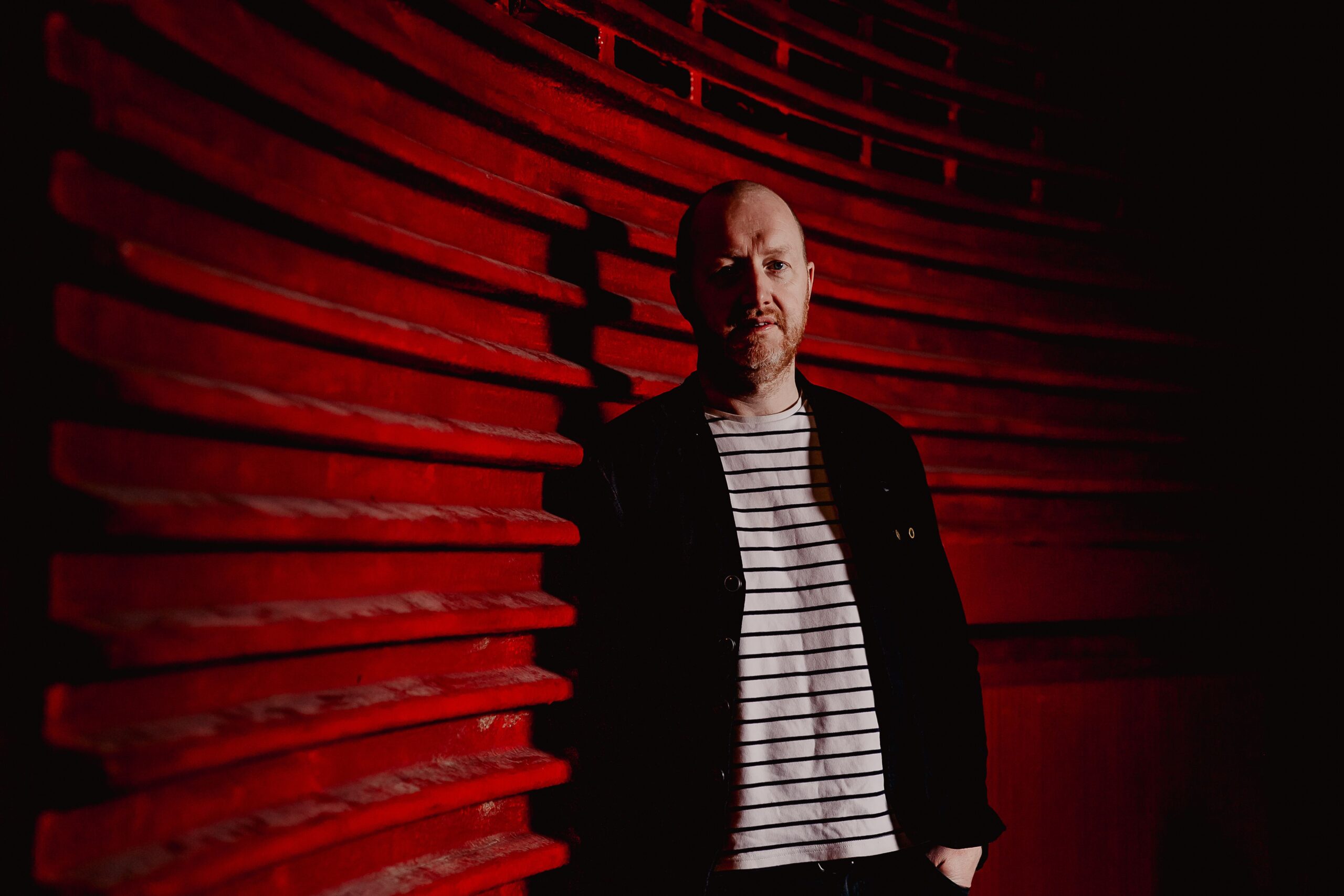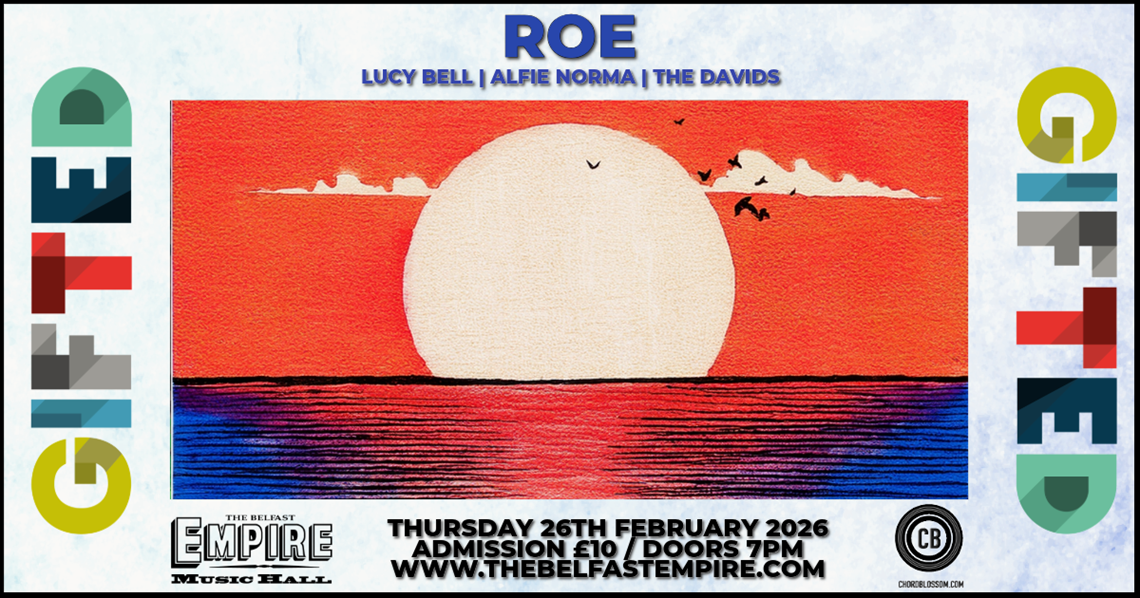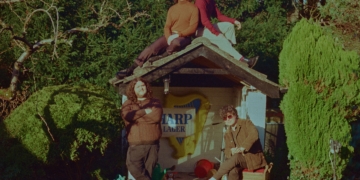After plying his trade as a DJ from an early age, it wasn’t long before Phil Kieran started making his own music. The Belfast artist’s career has seen him produce records across a range of genres and work with the likes of Depeche Mode, David Holmes and Bush Tetras, amongst others.
In recent years, Kieran has been producing acclaimed soundtracks for film, radio and theatre. His soundtrack to Nightride borrowed from his techno days: many of the score’s tracks would fit just as well in a Berlin club as they do in Stephen Fingleton’s 2021 movie. There are echoes of this in some of the tracks on The Strand Cinema, albeit in a more restrained way, most notably on lead single ‘Atlantic’ and, to a lesser extent, ‘Strike The Match’.
On the whole, however, this is a much more lush soundtrack album, leaning more heavily on a more traditionally ‘cinematic’ soundscape. The album sounds like the score to an imaginary film, and indeed it is Kieran’s attempt to score what was happening during the Covid-19 lockdowns. The soundscape is fitting, really, given that the work is an ode to the eponymous East Belfast cinema and arts centre.
The Strand is Belfast’s oldest working cinema, and would tell many stories if it could talk. Obviously, though, it can’t, but in the beautifully sorrowful sounds that underscore this album from start to finish, maybe Kieran speaks on the building’s behalf. This effect is masterfully achieved as much by the layers of silent space that allow the songs to breathe – most notably on ‘Grand Central Station’ and ‘Transitions’ – as by the music itself as Kieran showcases his tendency to think “three-dimensionally about sound”, a tendency that has been aided and abetted by his soundtrack experience.
The melancholia culminates in the final track, ‘Last Words’, with its memento mori low in the mix: “I don’t have any fear of death anymore”. These are the only words spoken throughout the record, but The Strand Cinema is far from an album bereft of hope. In constant battle with the sombre tones is a rising and falling sense of wonder brought on by orchestral electronica, reminiscent of Daniel Lopatin’s soundtrack work on the films of the Safdie brothers. It makes for an album full of complementary juxtapositions, a beautiful tribute to a mainstay in a world constantly in flux.








